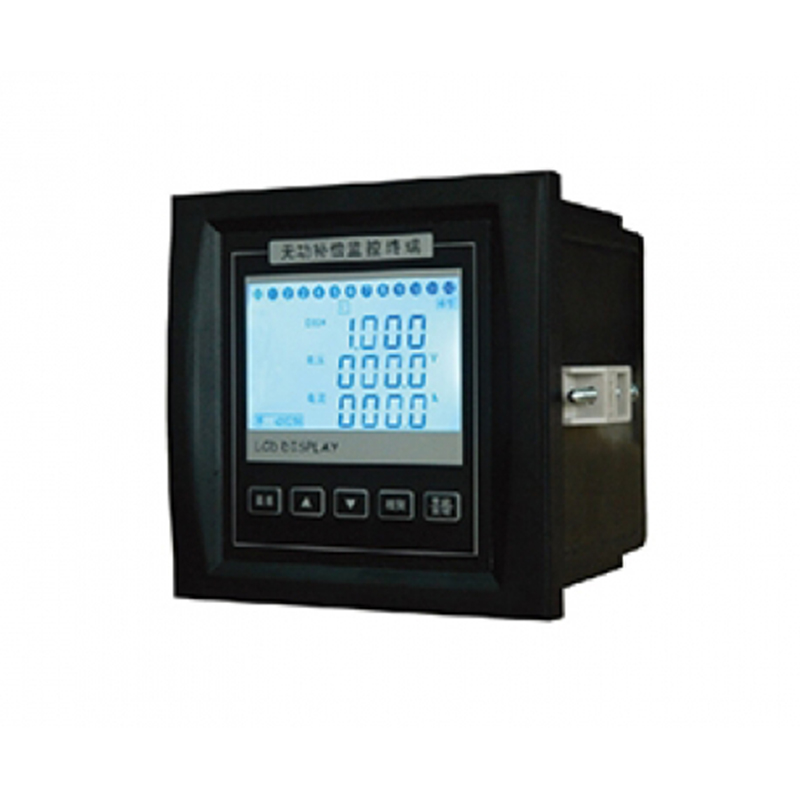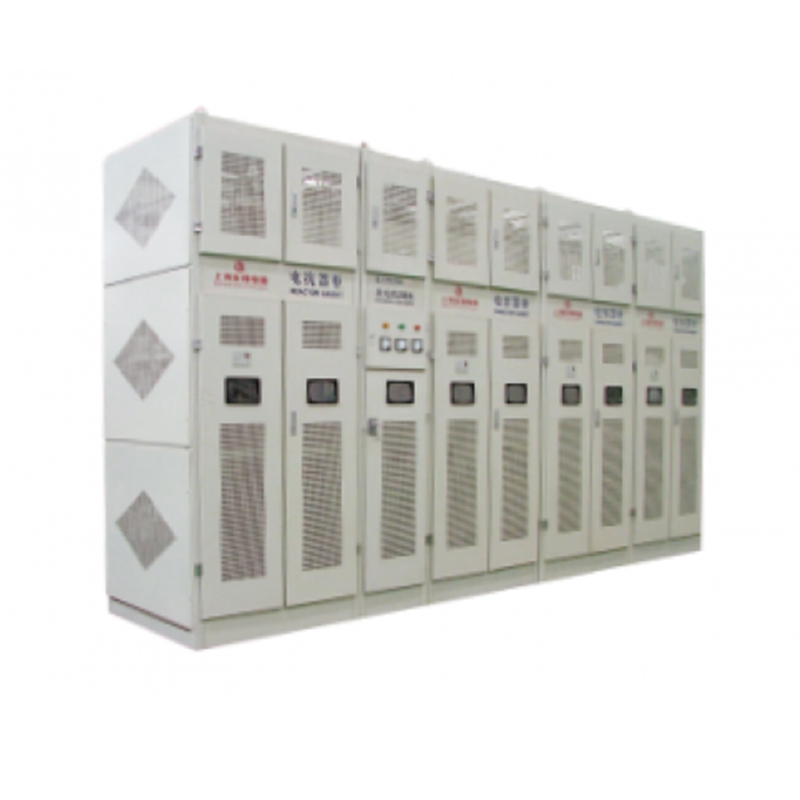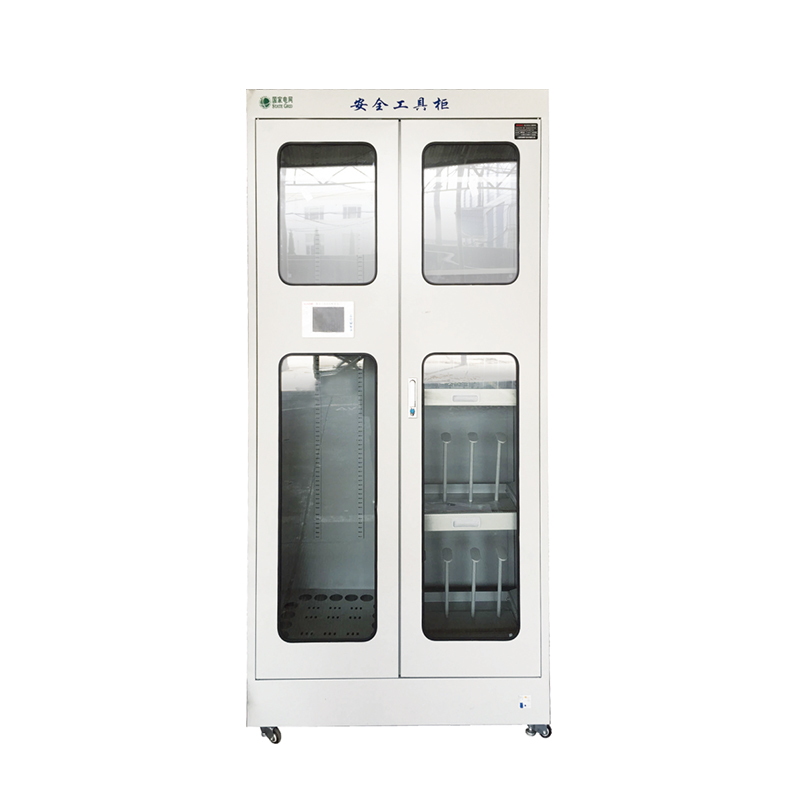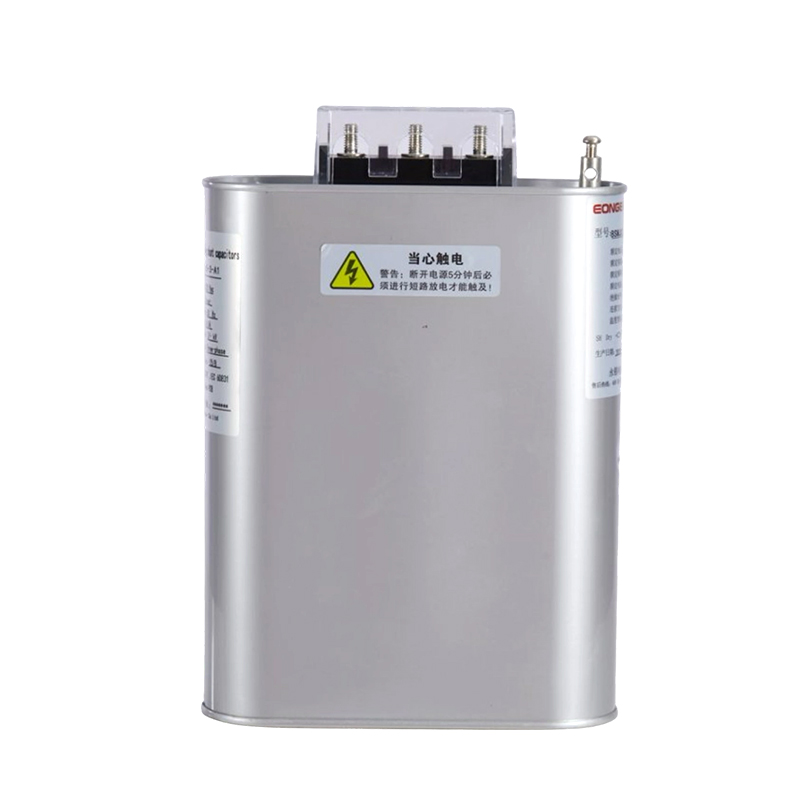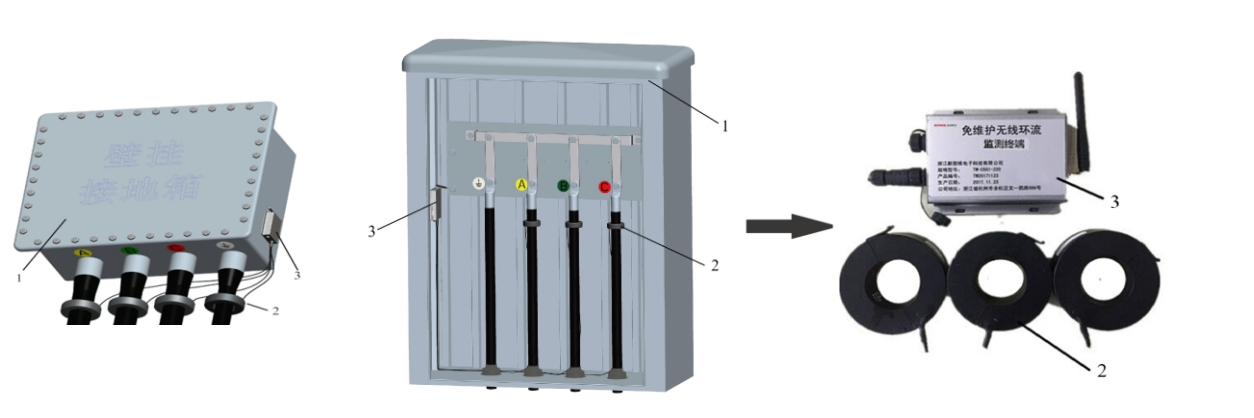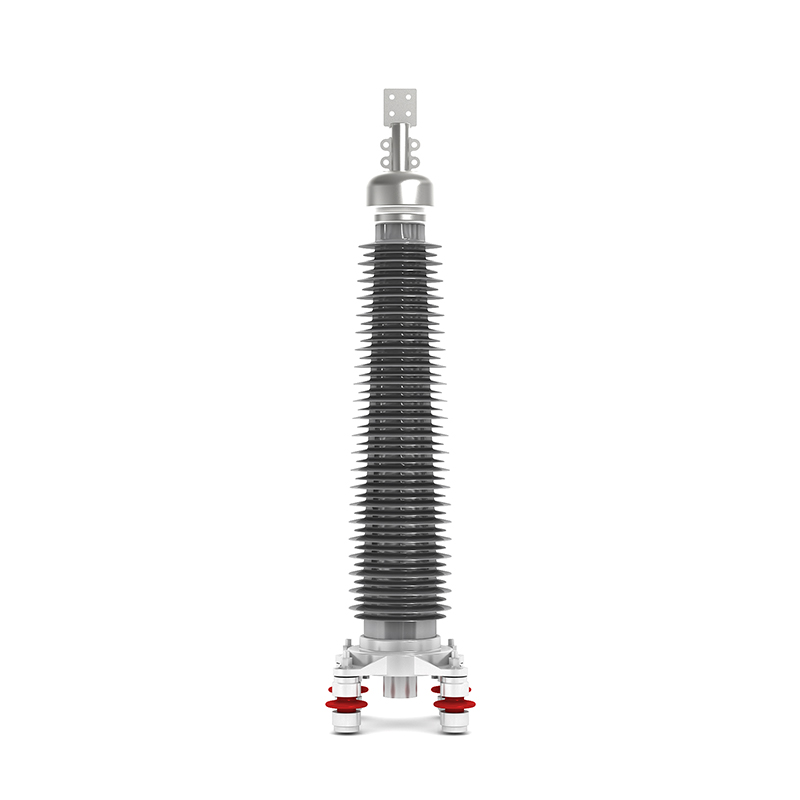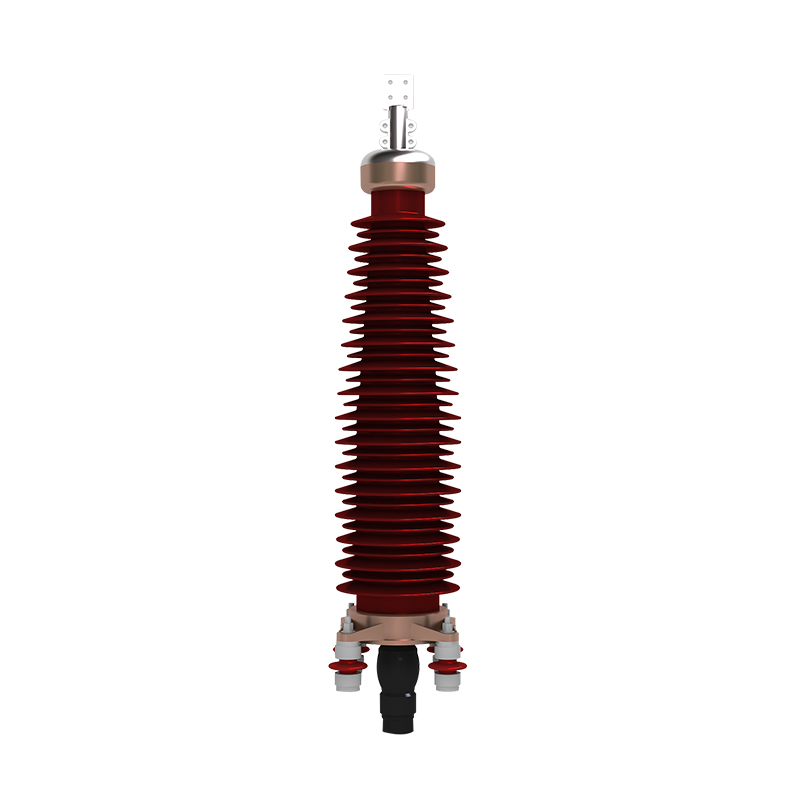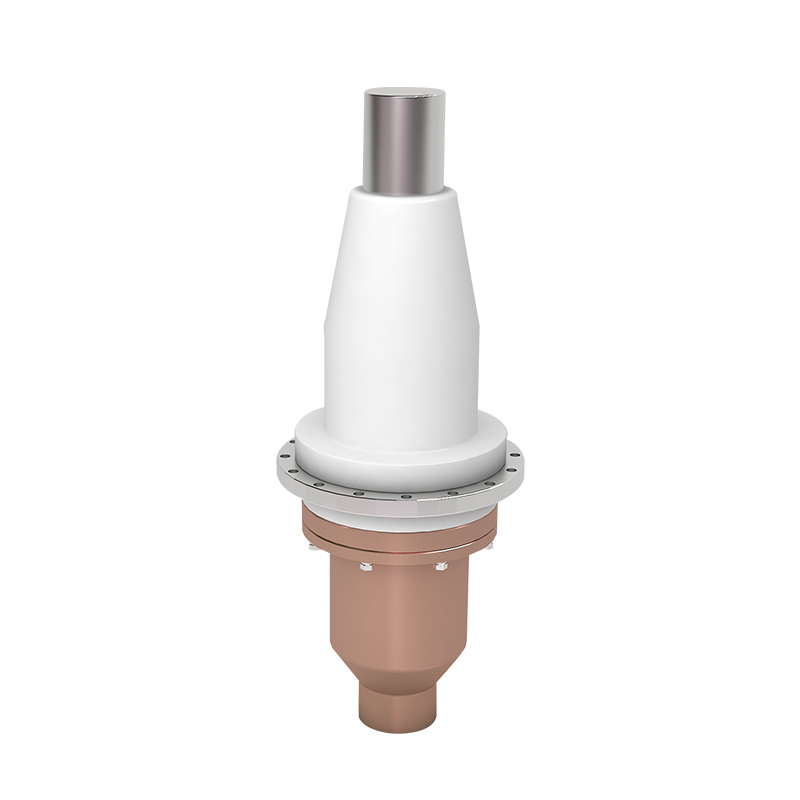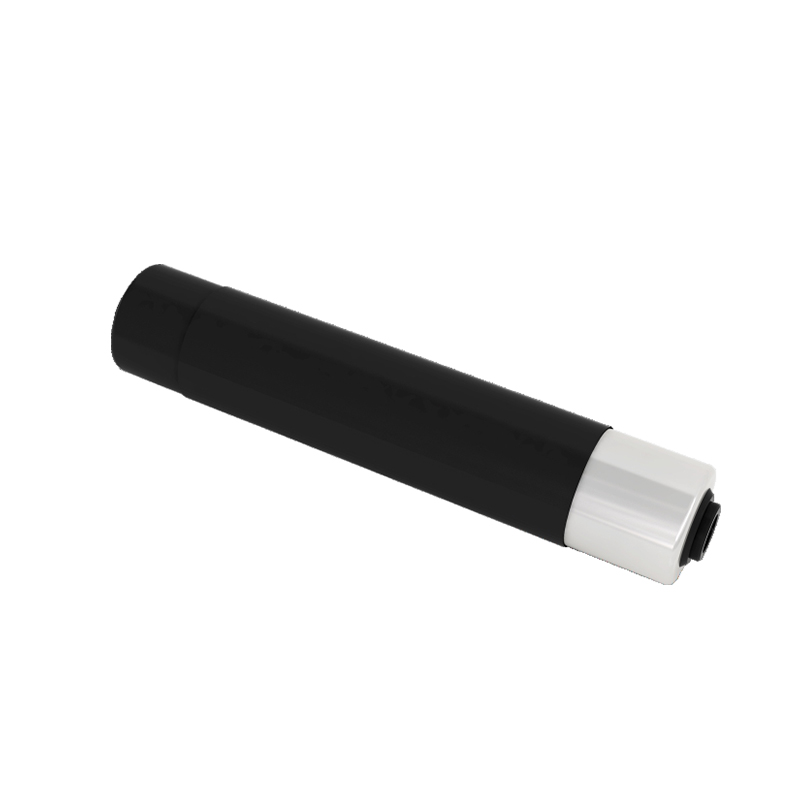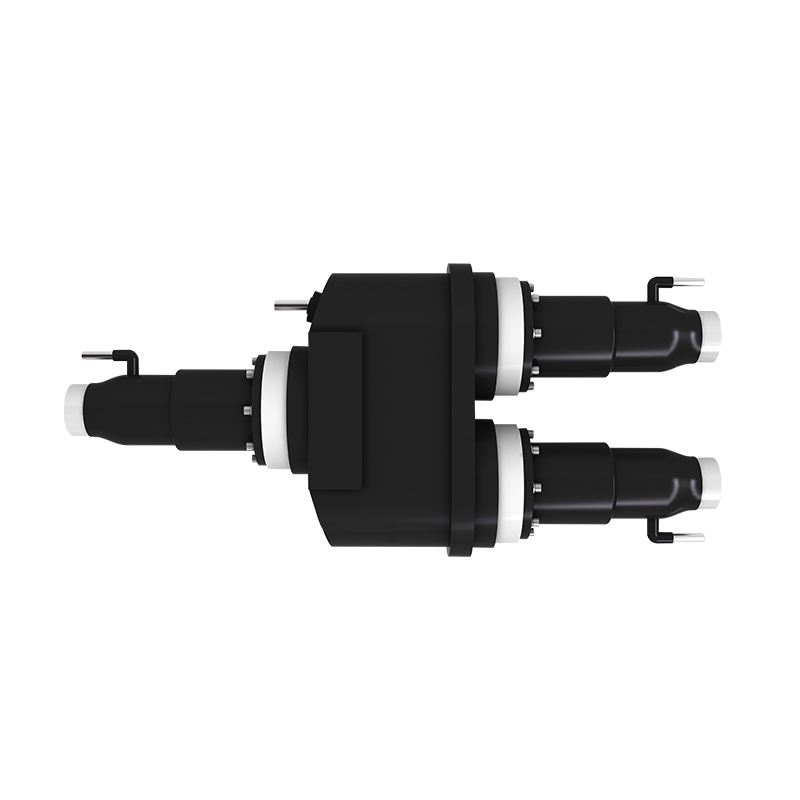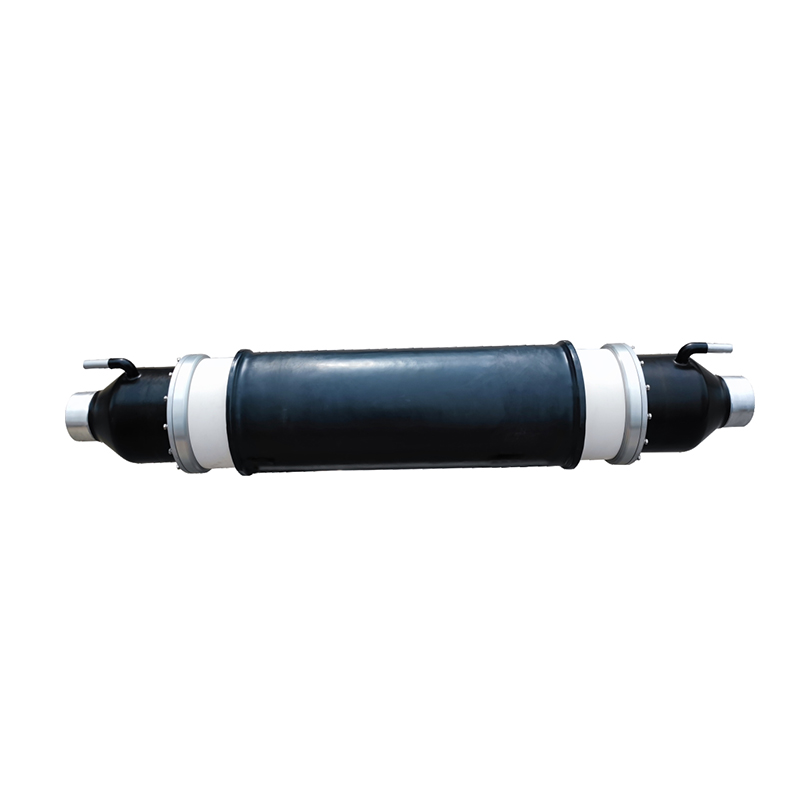Comparing Modern High Voltage Capacitor Units to Traditional Capacitors in Terms
Why Modern High Voltage Capacitor Units Outperform Traditional Counterparts
Capacitors have long been fundamental components in electrical and power systems, used for energy storage, power factor correction, voltage regulation, and filtering. Over time, evolving demands in power grids, industrial systems, and renewable energy sectors have led to the development of more specialized and robust components, one of which is the High Voltage Capacitor Unit. When compared to traditional capacitors, this newer generation offers a wide range of advantages in terms of design, performance, durability, and application flexibility.
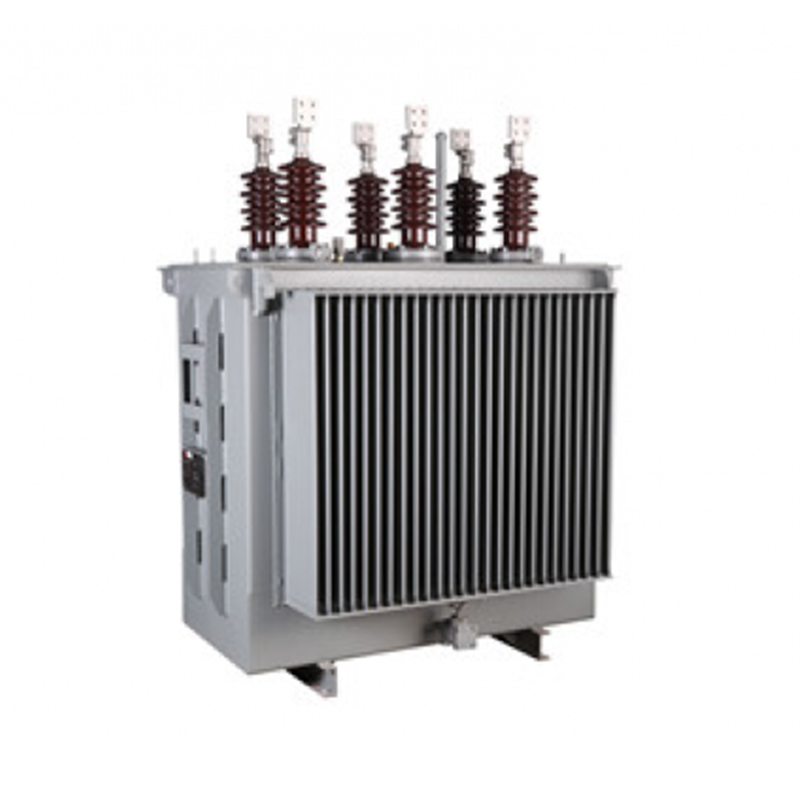
Voltage Handling and Energy Storage
The obvious advantage lies in the voltage rating. Traditional capacitors are typically designed for low- to medium-voltage applications and are limited in terms of how much energy they can safely store and discharge. In contrast, a High Voltage Capacitor Unit is engineered to operate in environments where voltages can exceed several kilovolts, making it ideal for transmission and distribution networks, industrial motors, and high-voltage DC systems. These units can store significantly more energy and release it more efficiently when needed, which is especially valuable in power conditioning and voltage stabilization applications.
Enhanced Safety and Built-In Protection Mechanisms
Modern high-voltage units incorporate advanced safety features that many traditional capacitors lack. These may include self-healing dielectrics, internal fuses, pressure relief mechanisms, and overpressure disconnects. The self-healing feature is particularly notable—it allows the capacitor to isolate internal dielectric faults and continue functioning safely without complete failure. Traditional capacitors, when exposed to similar faults, are more prone to rupture or thermal runaway, posing risks of fire or explosion.
The metal or reinforced composite enclosures of many High Voltage Capacitor Units are also flame-resistant and designed to contain internal failures, further reducing safety hazards in critical infrastructure environments.
Greater Operational Lifespan and Thermal Stability
Another area where High Voltage Capacitor Units excel is in good longevity. These units are constructed using advanced dielectric materials such as metallized polypropylene, which offer low dielectric losses and high thermal resistance. This means they are less affected by ambient temperature changes and electrical stresses, allowing for continuous operation in harsh or variable climates.
Traditional capacitors, often built with lower-grade dielectrics or oils, may degrade more rapidly under similar conditions. As a result, High Voltage Capacitor Units generally require less frequent replacement, causing lower maintenance costs and higher reliability over the long term.
Application Versatility and System Integration
A modern High Voltage Capacitor Unit is also far more versatile in terms of where and how it can be deployed. It can be used in capacitor banks for reactive power compensation, in filter circuits for harmonic reduction, or for voltage balancing across complex electrical systems. These units are compatible with digital monitoring systems and smart grid technologies, allowing for real-time diagnostics and condition-based maintenance strategies.
Traditional capacitors, while still useful in specific applications, are often limited in terms of scalability and integration with modern automated systems. This makes high-voltage units a better fit for today's increasingly intelligent and high-demand power environments.
The Logical Evolution of Power Capacitor Technology
In nearly every meaningful way—voltage capacity, safety, durability, and adaptability—the High Voltage Capacitor Unit represents a significant step forward compared to traditional capacitors. As energy systems grow more complex and the push for efficiency and reliability intensifies, the demand for advanced capacitor technologies will only continue to rise. For utilities, manufacturers, and engineers looking to future-proof their systems, adopting modern high-voltage units is not just an upgrade—it’s a strategic necessity.
Recommended Products
The variety of models, to meet the development needs of various regions in the world.
-
Add: No. 508, Dongye Road, Dongjing Town, Songjiang District, Shanghai
-
Tel: +86-13757652508
-
E-mail: [email protected] [email protected]
 English
English 中文简体
中文简体 русский
русский Español
Español عربى
عربى